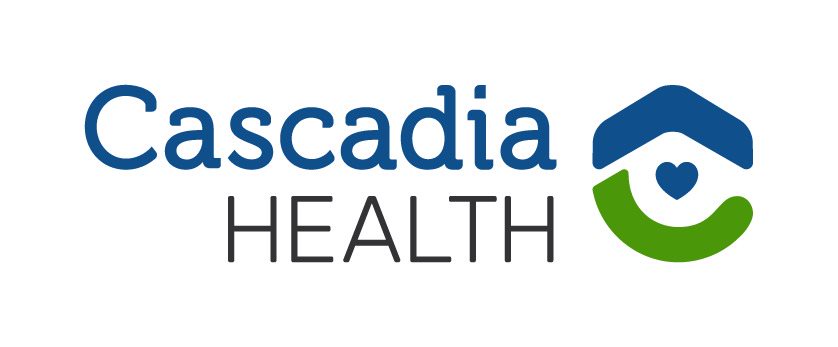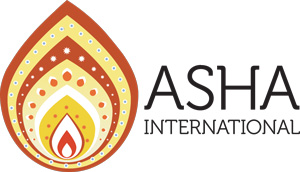myasha | สล็อตเว็บตรง PG SLOT APIแท้ ค่ายใหญ่ 2025
myasha แค่คลิก สล็อตเว็บตรง PG SLOT เว็บแท้ ค่ายใหญ่ ฝากถอน auto APIแท้ อันดับ1 2025 myasha.org
ASHA International is dedicated to normalizing conversations about mental health and inspiring hope & well-being, one story at a time.
Please see the note below from ASHA International Founder Gayathri Ramprasad and the ASHA International Board of Directors:
Announcement from ASHA International – Closing as of October 31, 2024
Greetings from ASHA International! We hope this note finds you well. We are reaching out to thank you for your ongoing support of our organization and youth mental health. It is because of you and your support that we’ve been able to make a huge and lasting impact on our community by promoting health and well-being. We cannot thank you enough for your love and support.
We are also writing today with some news. After much discussion and deliberation, the ASHA International Board of Directors has made the tough decision to close ASHA International effective October 31, 2024.
It is with careful consideration that this decision was made. ASHA International has made a difference in more than 60,000 lives since we began in 2006. We know that the stories of hope shared through our Let’s Talk About Mental Health program, the Grit & Grace Women’s Mental Health Conference, the My Story My Superpower Show, and countless other opportunities, have left a lasting impact on our community. There are no words to describe what this means for all of us.
The Board of Directors is beyond grateful to our inspirational leader, Gayathri Ramprasad, for her leadership, dedication, and passion all these years. ASHA International simply would not be possible without her. We each carry a piece of Gayathri’s story with us, and it inspires us to be a better person and an advocate for mental health with every step we take. We hope that you, too, will continue to be an advocate for mental health and well-being and remain dedicated to normalizing conversations about mental health through storytelling.
While we know this might be difficult news, we know that in the long term, this is the best decision for the organization. The Board of Directors with input from Gayathri Ramprasad, has decided that the remaining assets of the organization will be transferred to the Oregon Community Foundation to support youth mental health initiatives in Oregon, continuing the mission of ASHA International in this way.
Thank you for being part of the ASHA International legacy. Feel free to email us at info@myasha.org with any thoughts or ASHA memories you’d like to share. We’d love to hear from you about the impact ASHA has had on you over the years.
With Much Love and Gratitude,
Gayathri Ramprasad and the ASHA International Board of Directors
See how ASHA International began, meet our founder Gayathri Ramprasad and learn more about the “Let’s Talk About Mental Health” program and our inspiring Storytellers.
Let’s talk about Mental Health
Join the MovementOur stories are our SUPERPOWER!
Let’s normalize conversations about mental health and inspire hope & well-being, one story at a time.
See Stories of Hope
Explore stories of courage, hope & resilience.
Share your Story
Inspire hope. Ignite change.
Amplify the Movement
Become a champion of change.
Healthy Minds. Healthy Lives.

Our Healthy Minds, Healthy Lives Newsletter provides valuable information on mental health and wellness, our upcoming events, and features inspiring personal stories of hope and healing.
Our Impact
Over 60,000 people reached world wide.
Westview senior spearheads first ‘Mental Wellness Week
A senior, Hoda Aboueich, spearheaded the idea about a year ago. She is putting on the wellness week as a part of her senior project. It’s all inspired by her own struggles with depression, anxiety and suicidal ideations.
“I kind of just had this idea and ran with it, and here we are today,” Aboueich said. “If I can turn my struggles into something positive for someone else, then I’ll do it.”
ASHA International is delighted to launch the My Story MY SUPERPOWER Movement!
One in four of us will experience a mental illness during our lifetime. However, every one of us will face challenges in life that can impact our mental health.
Join us in normalizing conversations about mental health and inspiring hope and healing, one story at a time.
รางวัลสะสม : 1201745
รหัสผู้ใช้ : 3676173
Battling Suicide through Storytelling
We are delighted to share that PBS News Hour Student Reporting Lab published the short film created by students at the Health & Science School about our Let’s Talk About Mental Health School Program.
The Let’s Talk About Mental Health program is a peer-to-peer mental health education program to engage students in a conversation about mental health to promote well-being and prevent suicides.
Kids work to change cultural perceptions of mental health
by Genevieve Reaume, KATU News | Thursday, July 18th 2019
If you take a broader look at suicide rates across cultures, it’s clear many communities are struggling to stop suicides.
Younger Americans who’ve got roots across the globe say culture can impact the mental health discussion.
Youth share their mental health stories in an attempt to shatter the stigma
by Genevieve Reaume, KATU News
In an effort to shatter the stigma around mental health, an organization called ASHA International, based in Beaverton, is making storytelling personal.
“To give hope to others like myself,” ASHA International founder and President Gayathri Ramprasad said. “To let them know that they’re not alone, that they, too, can recover and thrive.”

Thanks to the generous support of our sponsors for making this event possible
Gold Sponsor

Silver Sponsors


